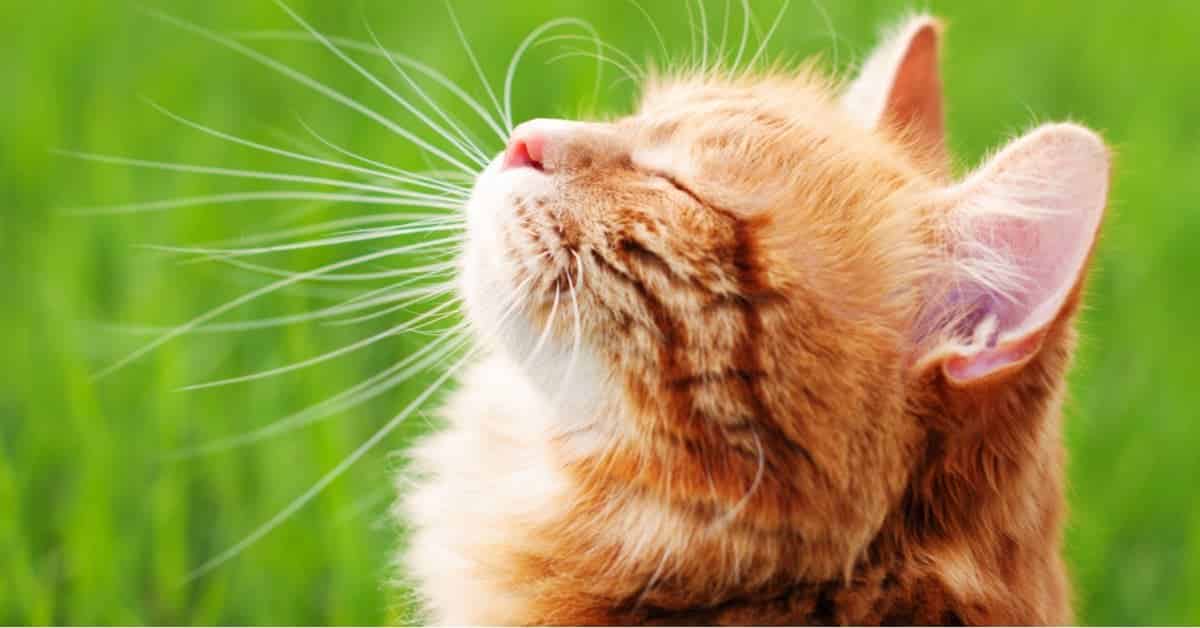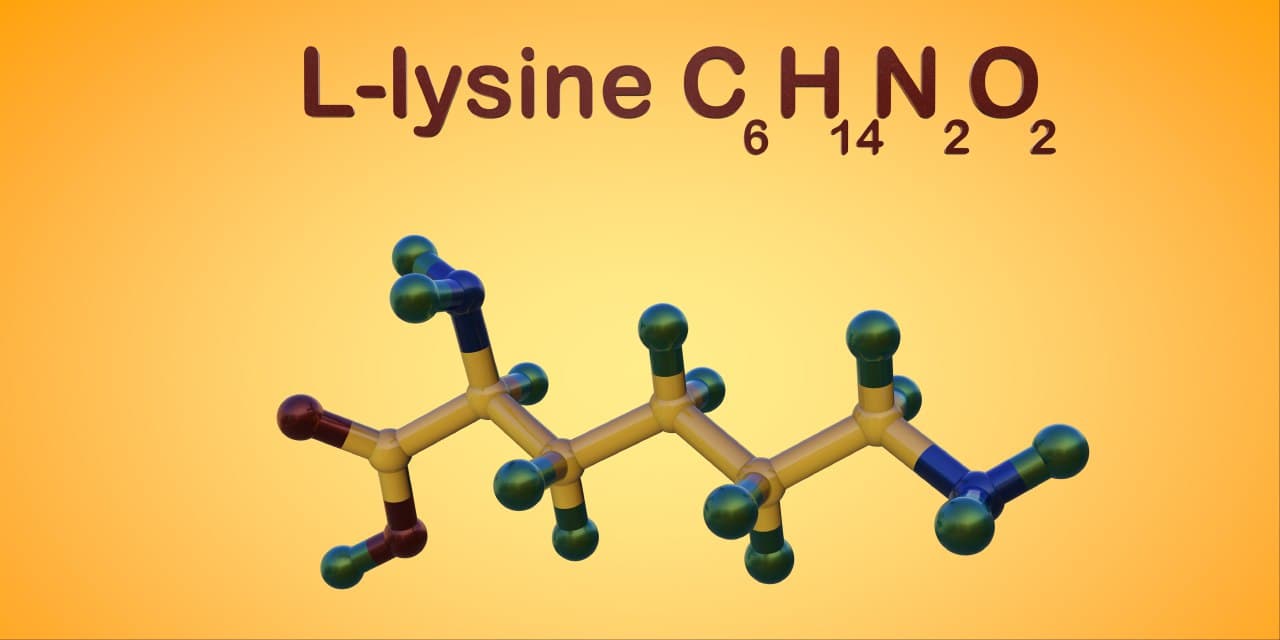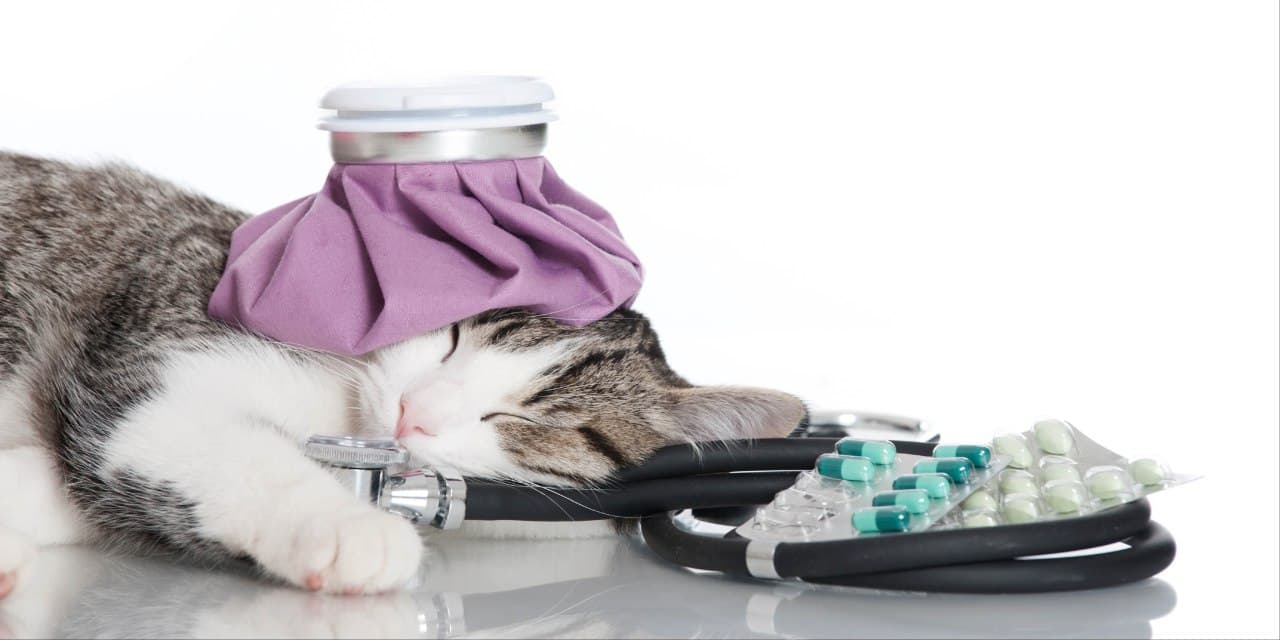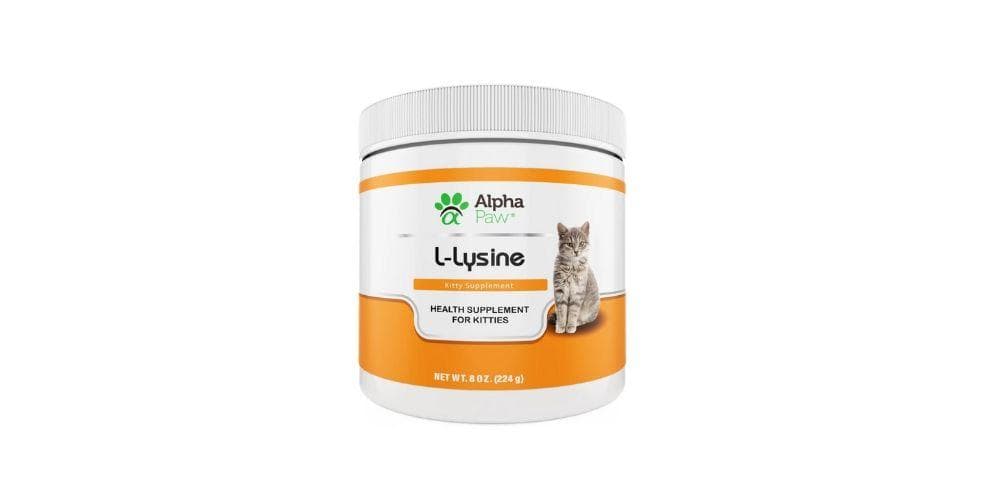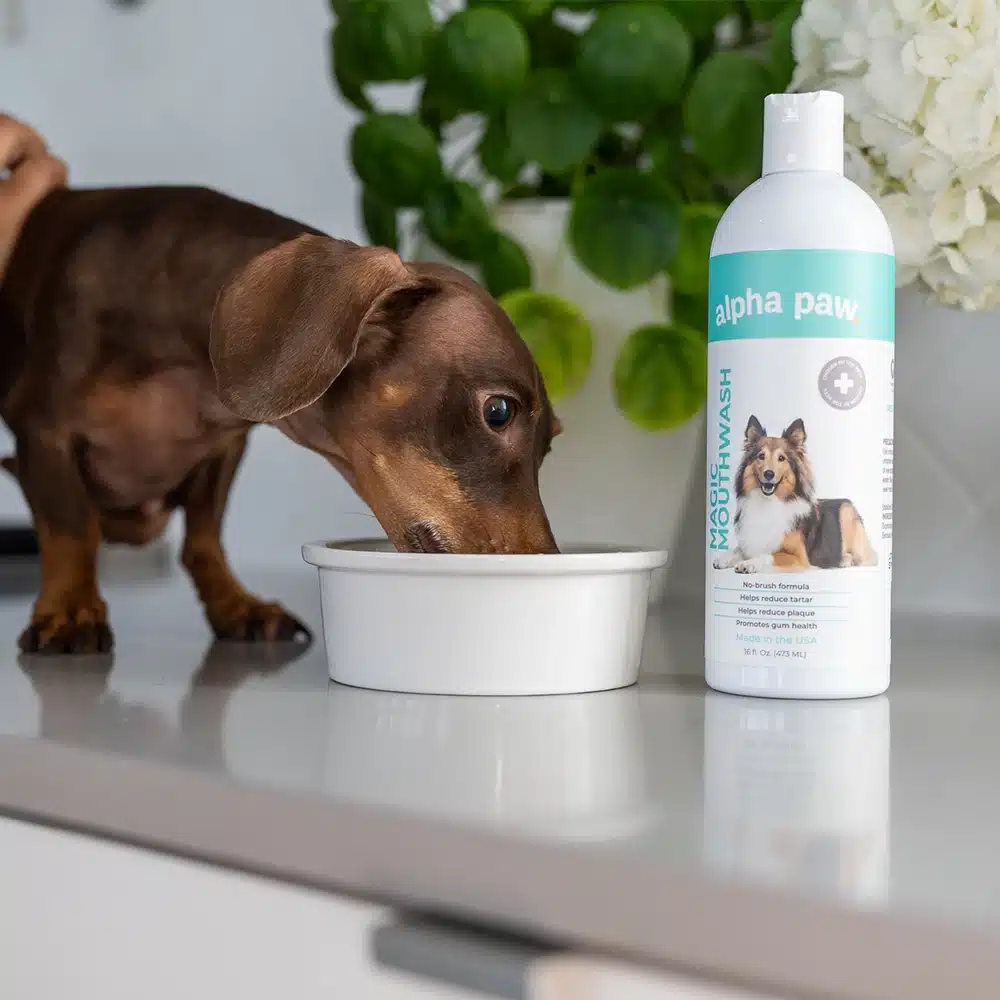You Want To Keep Your Cat Healthy And Happy.
For this reason, it is not difficult to see how so many pet owners are looking for supplements that could boost their cat’s wellness level. Among these supplements is called lysine. Some call it L-lysine or hydrochloride. Regardless of what people might call it, lysine is no doubt a great supplement for your cat.
What Is Lysine?
Lysine is not like catnip. it is an amino acid, which is a building block of proteins. It is considered to be an essential amino acid since humans can’t produce it by themselves. You need to get it from food sources. The same is true with your cat. His body can’t produce it and thus, it needs to be taken from an external source.
Why Is Lysine Important?
Lysine plays an important role in your cat’s health. For one, it is useful in producing enzymes and antibodies that support your cat’s immune system. They also help in facilitating the absorption of calcium, thereby improving bone strength and promoting healthy skin.
Lysine is generally known to prevent, manage, and treat the following health problems:
- Cold sores
- Fever blisters
- Conjunctivitis
- Upper respiratory infections
- Sneezing
- Squinting
- Mouth and throat sores
- Sinus discharge and congestion
- Panting
- Lethargy
- Difficulty breathing
- Fever
- Appetite loss
Lysine is highly recommended to be given to your cat not just during illness, but even if he is healthy. Lysine can prevent a wide range of diseases and thus, it would be helpful if lysine is given on a regular basis.
Lysine For Feline Herpes Virus
Throughout the past years, lysine is primarily used to combat the feline herpes virus. Veterinarians prescribe and recommend lysine as part of the treatment regimen of this disease. It is believed that lysine could interfere with the FHV-1 virus replication by lowering arginine level in your cat’s body.
However, some recent studies have emerged and try to contradict the traditional benefits of lysine. Thus, there’s a debate among scholars whether lysine does help in fighting feline herpes virus or not.
As this might be the case, your cat still needs lysine. Though some people may argue that lysine doesn’t cure feline herpes virus infection, it can definitely help in relieving its symptoms and even keeping your cat healthy. So, whether lysine directly treats feline herpes virus infection or not, it is definitely something you should give because of its many health benefits.
Get Professional Advice
Now that you have read the benefits of lysine, you should have a better idea of how this amino acid could help in keeping your cat healthy and strong. Of course, giving your cat lysine is just a part of the overall effort you need to exert. It should be given in combination with nutritious food, exercise, and healthy lifestyle.
If you have questions about lysine, it is highly recommended that you speak to your vet. They should give you expert advice. You can discuss with them what you know and confirm what is true or not. Moreover, you can do your own research. There are numerous sources on the Internet, books, and journals that may help you further in understanding how lysine can help your feline friend.
80% of Dogs Develop Arthritis or Joint Pain by 7 Years old – Here’s How to Protect Them
Most of us train our dogs when they are puppies to jump up on furniture. We think it’s harmless (and easier than always lifting them), but for dogs, couches and beds are very high compared to the size of their bodies.
Every time they jump it compresses their back and applies enormous force to their joints.
It’s no wonder that an incredible 80% of dogs experience arthritis or joint pain by only 7 years old.
Luckily, there is a vet-recommended solution.
It’s the PawRamp by Alpha Paw. An adjustable ramp that allows dogs to safely get on and off couches and beds. PawRamp makes joining you in bed or on the couch effortless and fun.
As a bonus, you can use code SAVE35 to get $35 off the PawRamp today.

